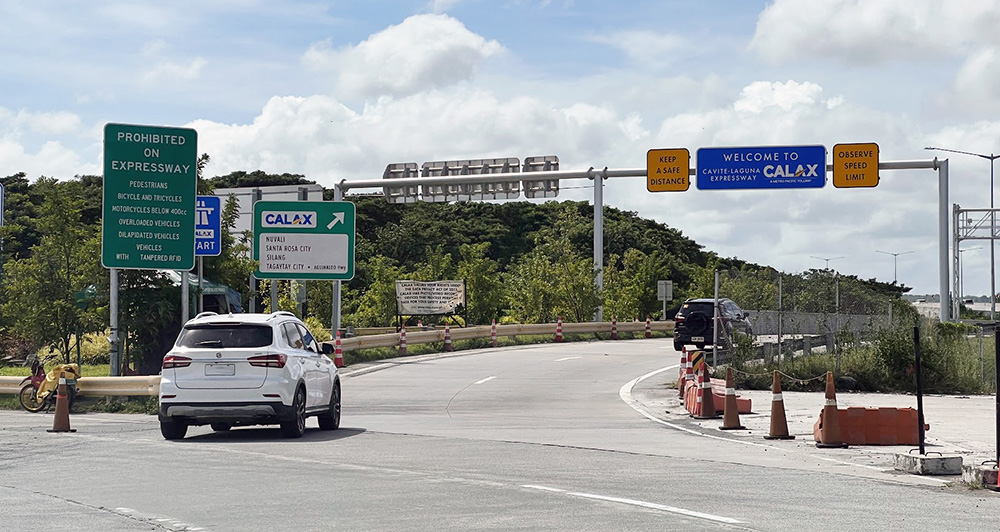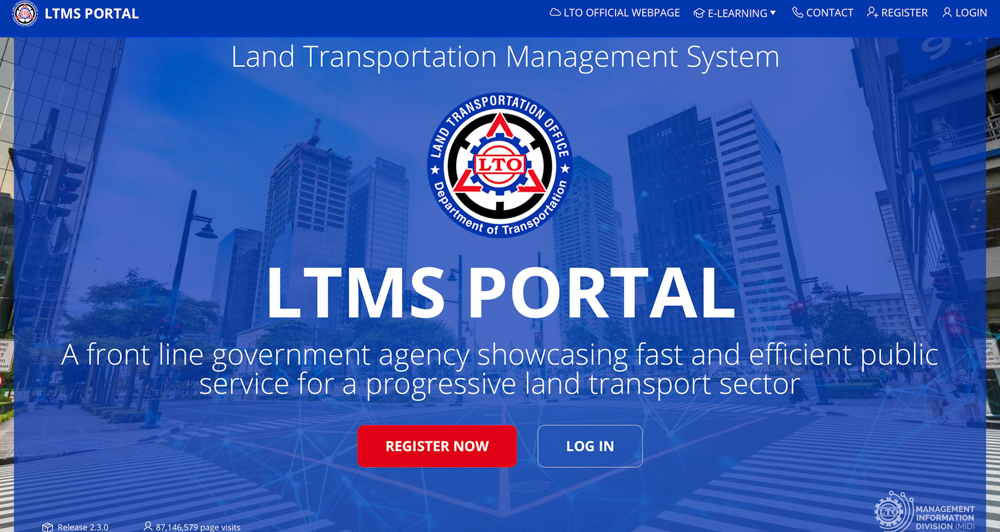
In the latest chapter of the long-running ride-sharing saga that continues to play out on Metro Manila roads, the Philippine Competition Commission has ordered Uber to continue operating while it reviews its planned shutdown and handover of all business in the country to rival Grab, which acquired the American company’s Southeast Asian operations in a deal that was confirmed late last month. Shortly after this statement—and less than 24 hours before the scheduled shutdown—the Land Transportation Franchising and Regulatory Board has now commented that, in its view, it would be better if Uber did shut down as planned.
The first reaction by many people to the news that the PCC has effectively halted the Grab/Uber deal seems to have been one of surprise over the fact that there is actually a local competition commission. Established in 2016, its mission, according to the official website, is to “prohibit anticompetitive agreements, abuses of dominant position, and anticompetitive mergers and acquisitions.” Having heard of the deal between the two ride-hailing giants, the commission promptly sprung into action to examine its contents, and it clearly didn’t like what it saw.
In a statement released yesterday, the PCC is ordering Uber to continue its operations beyond the scheduled shutdown date—supposed to be today, April 8—while it carries out a review of the deal, an activity that could take weeks or even months to finish. There is some confusion in the public debate as to whether the commission actually has the power to order a company to continue its operations when it is essentially shutting down, but what at least seems clear is that the PCC can stop the deal with Grab from happening in the first place, at least where the operations of both companies in the Philippines are concerned. The government body makes this quite clear in its statement by saying: “A merger or acquisition review using competition lens will determine whether the merger of two players in the ride-sharing market will substantially lessen competition. The PCC may prohibit any merger should anticompetitive concerns arise out of the transaction review.”
There is debate as to whether the commission actually has the power to order a company to continue its operations when it is essentially shutting down
While it locks itself into a quiet room with a looking glass and a copy of the contract between Grab and Uber, the PCC has also issued a number of interim measures designed to ensure that no shenanigans are happening until a review of the deal has been completed. These measures include ordering both transport network companies to refrain from any acts that would prejudice the commission’s power to review the deal; not to do anything that could lead to a reduced viability or salability of the business; and to keep from executing the final agreement.
With the deal now essentially on hold, the LTFRB has also chimed in, saying that it thinks it would be better if Uber was to shut down as planned, due to the company not having any support operations in place anymore. LTFRB board member Aileen Lizada has been quoted in press reports as saying: “We would require Uber to close down because how can we assure the riding public of their safety and their convenience if Uber is only in compliance with the order that its app be up but without a support system?”
Lizada, however, made the following clarification to VISOR in a separate message:
It’s not exactly that we will order Uber’s closure—we’re more for the safety of the riding public. If the Uber app will still be up but won’t have a backup system, where will the riders or passengers go if they have any complaints against Uber? Also, technically, Uber is not accredited because its accreditation has already expired and has not been renewed.
Uber itself is already shutting down operations in the region and transferring 500 staff members to Grab, giving weight to the argument made by the LTFRB.
As we write this, the Uber app still works as before and shows numerous cars available for hire within the metropolis. Nothing is known about any reduction in support capabilities. Hopefully, more clarity will be established in the coming days. But the country’s anticompetition authorities aren’t the only ones looking into the details of the Grab-Uber transaction, with Singapore having started a review as well and Malaysia saying it is planning to follow suit. This means that the multibillion-dollar arrangement is far from being a done deal.










Comments